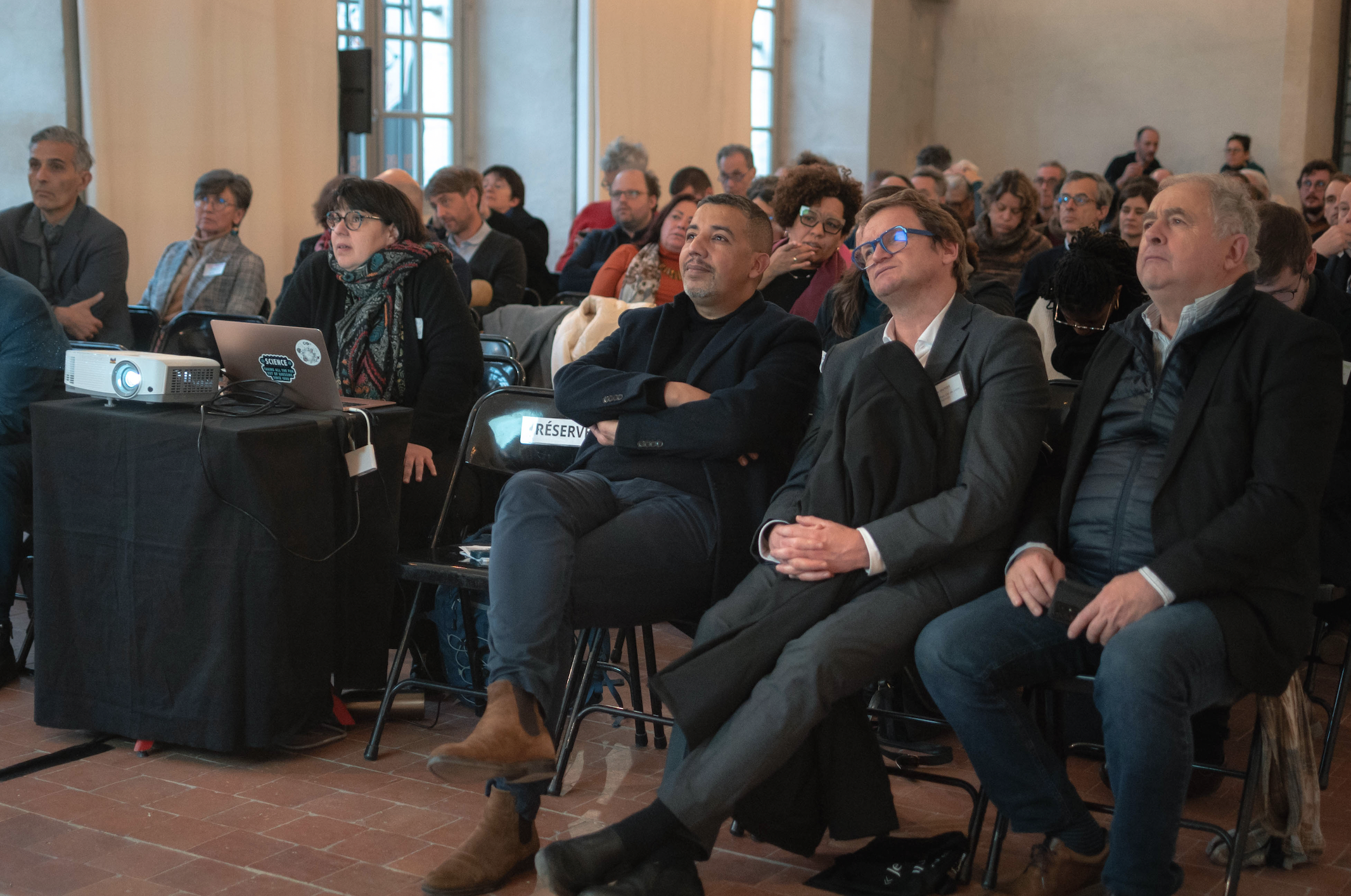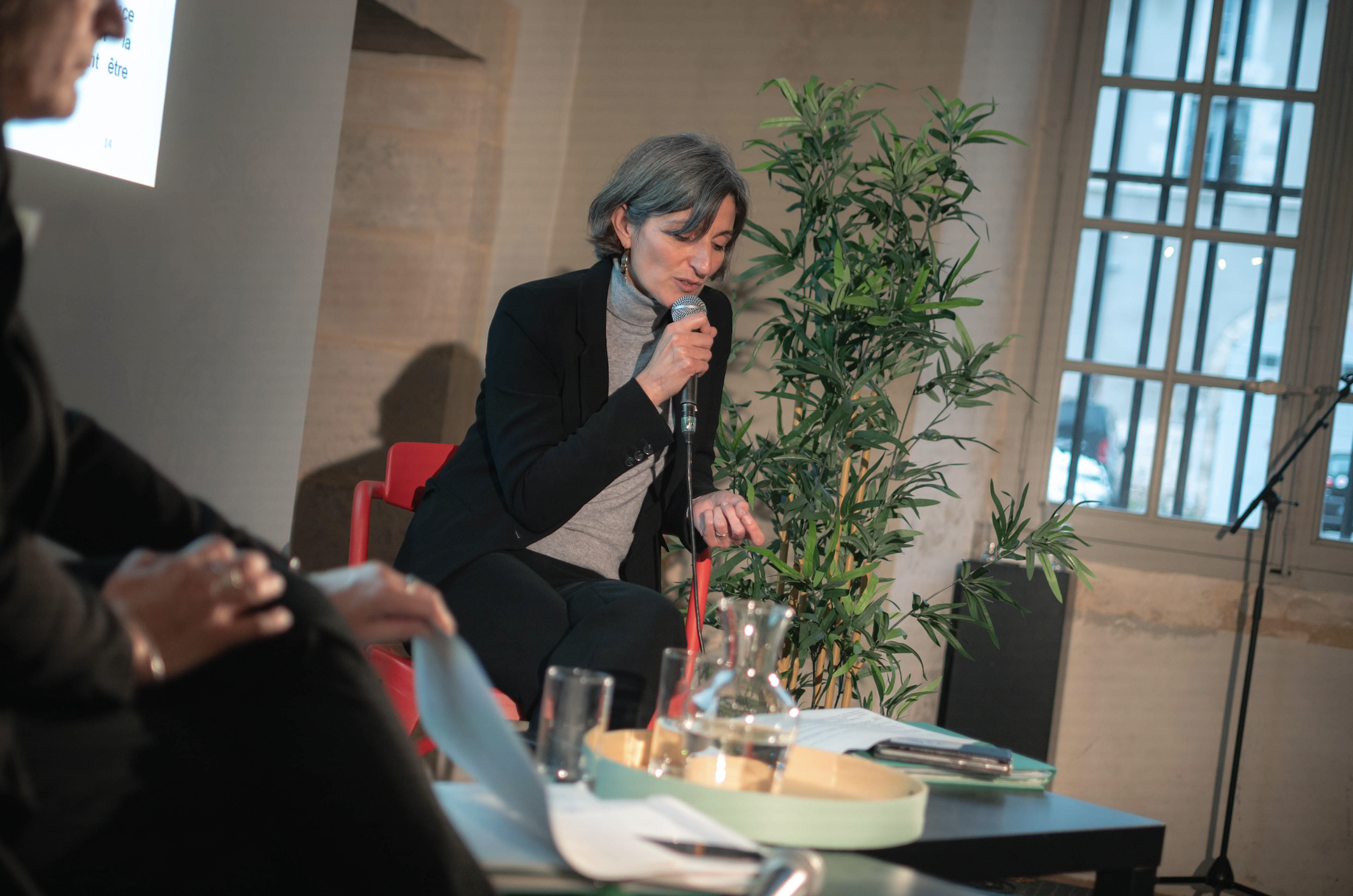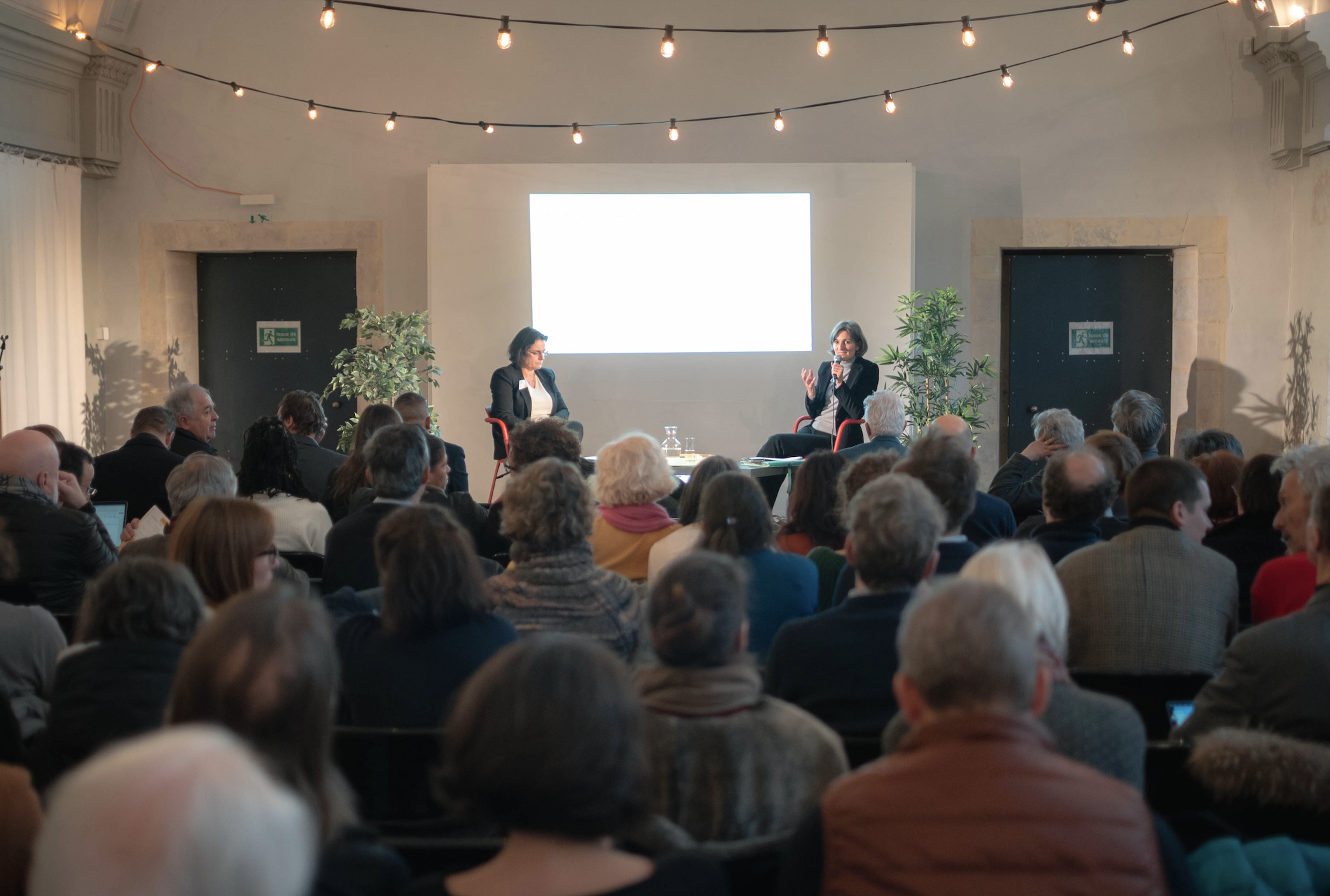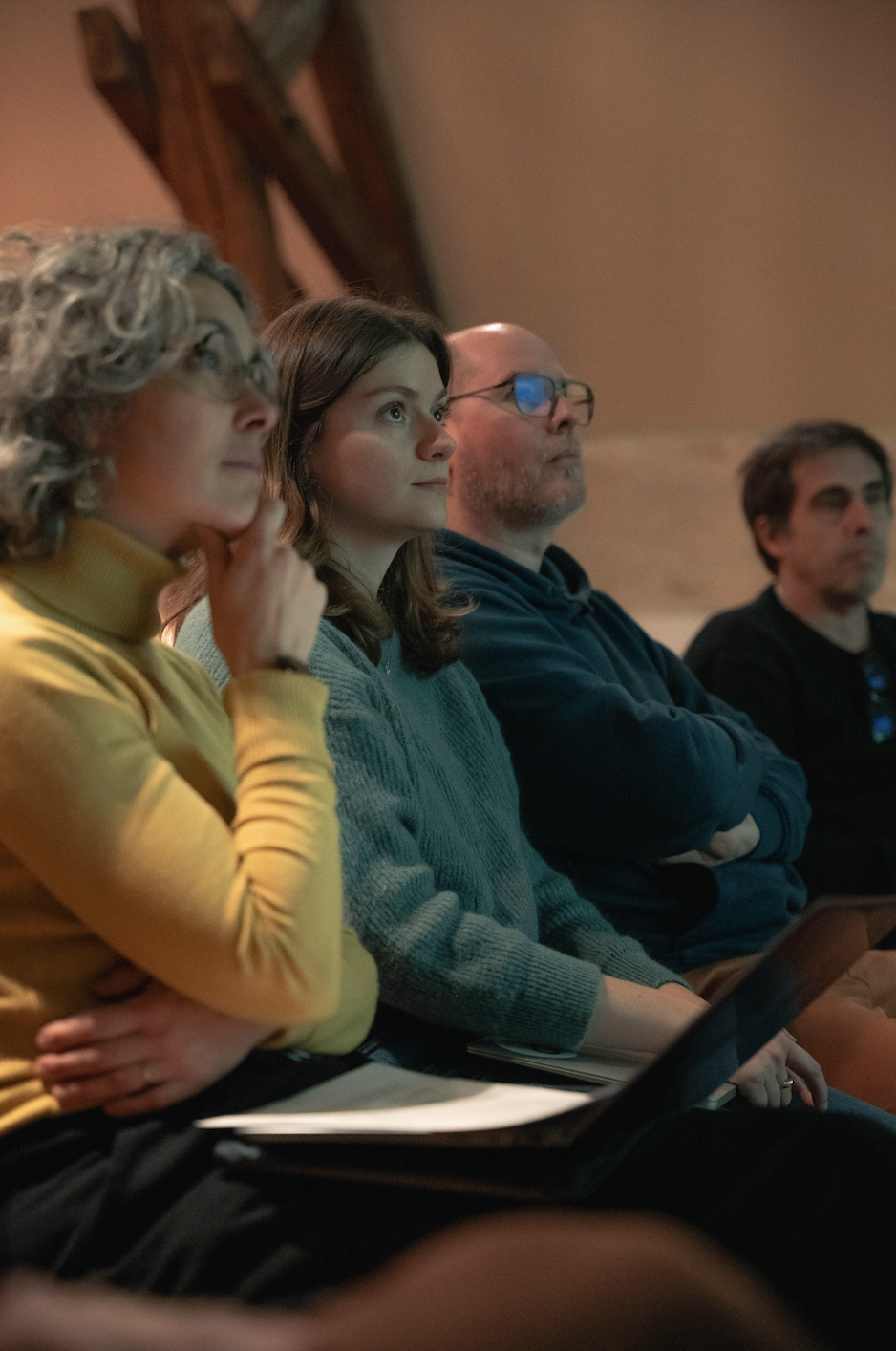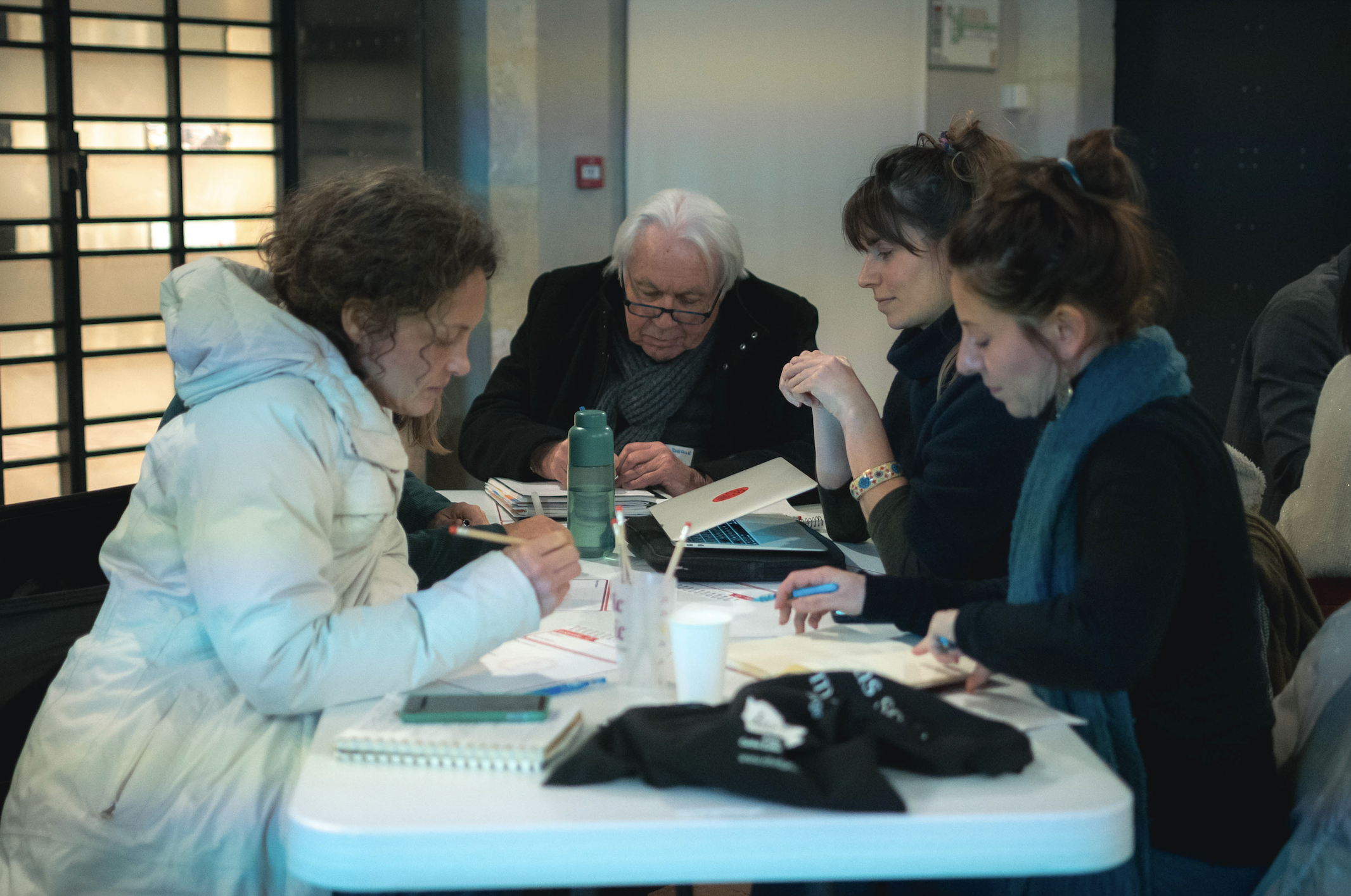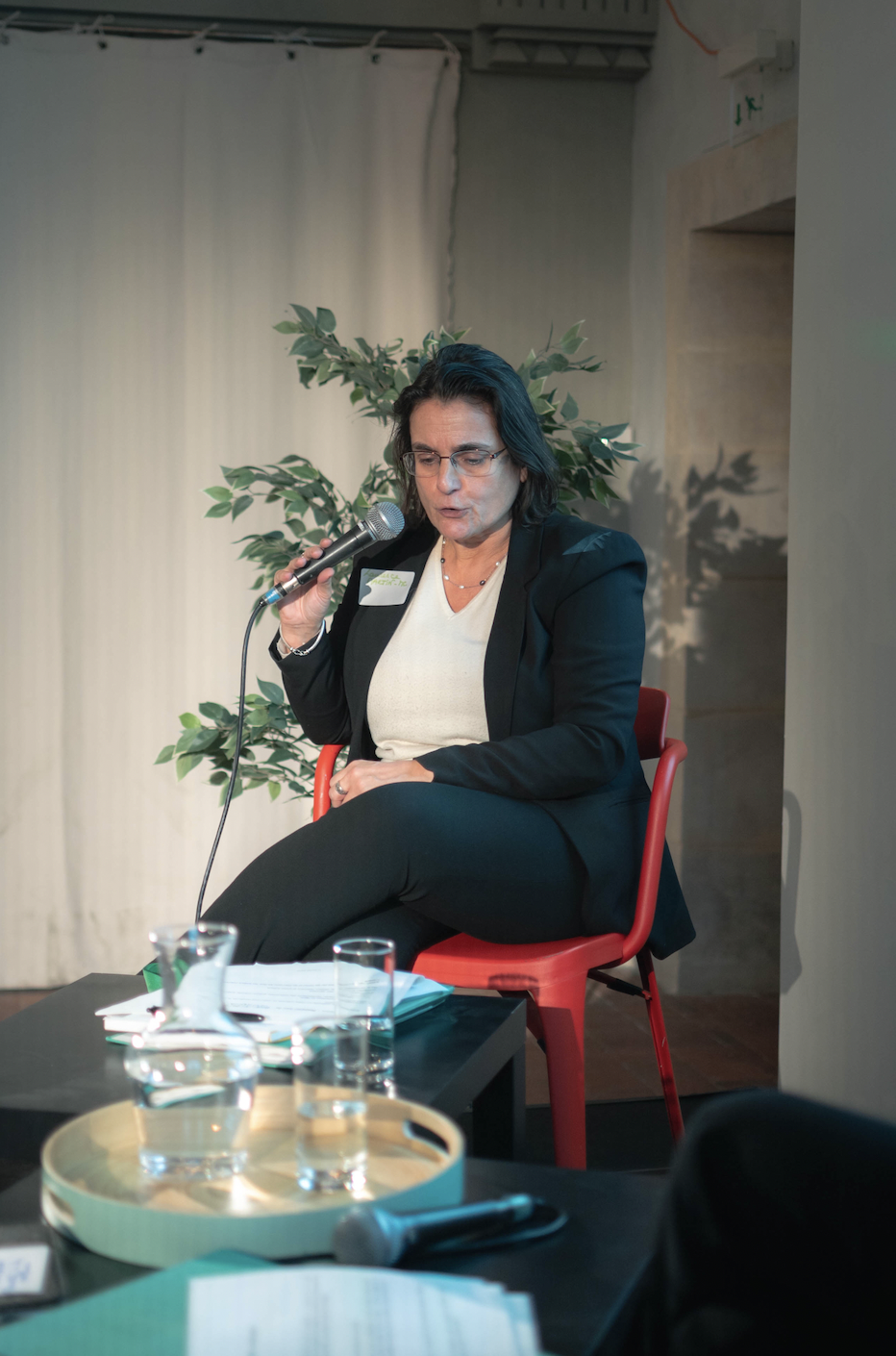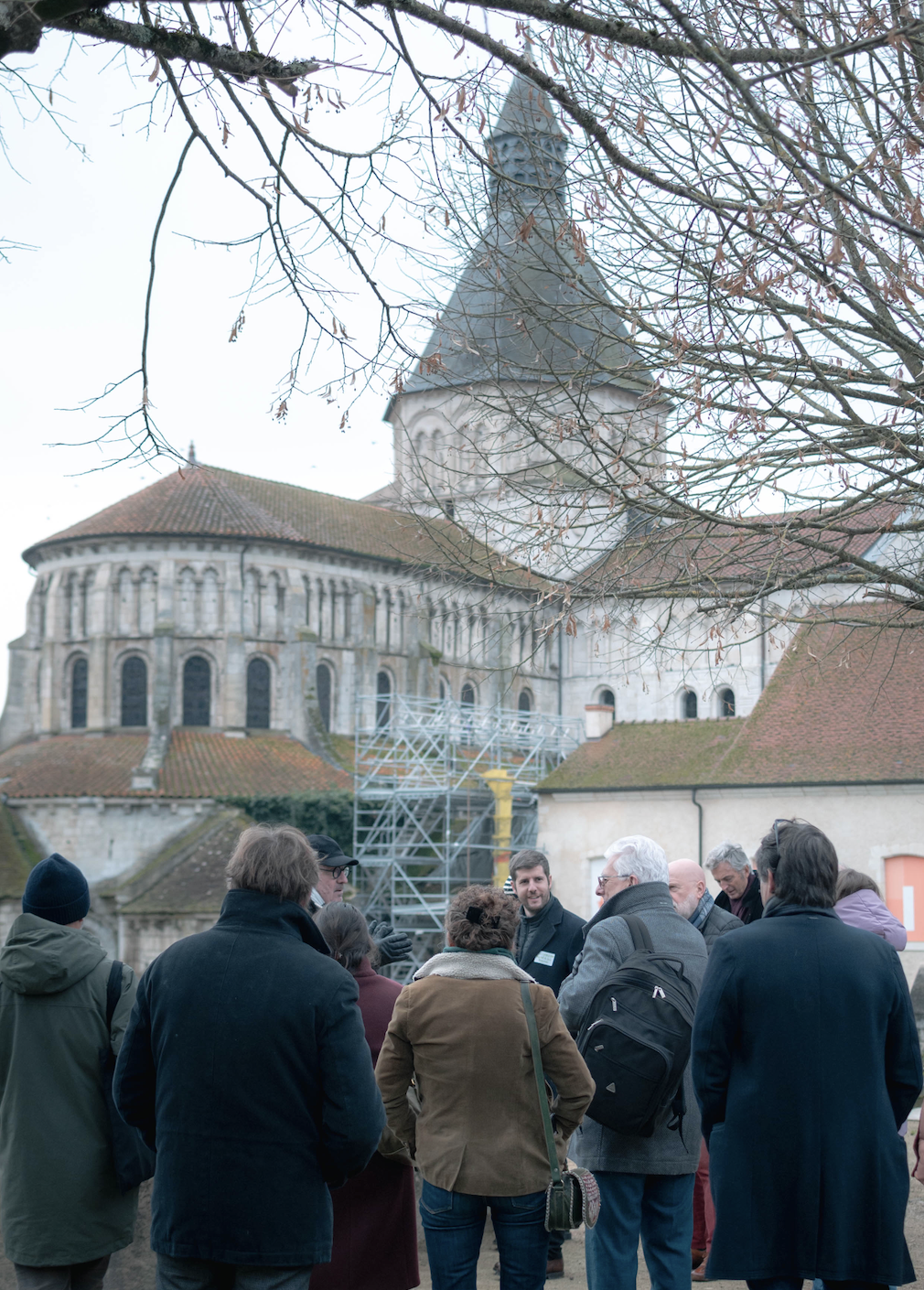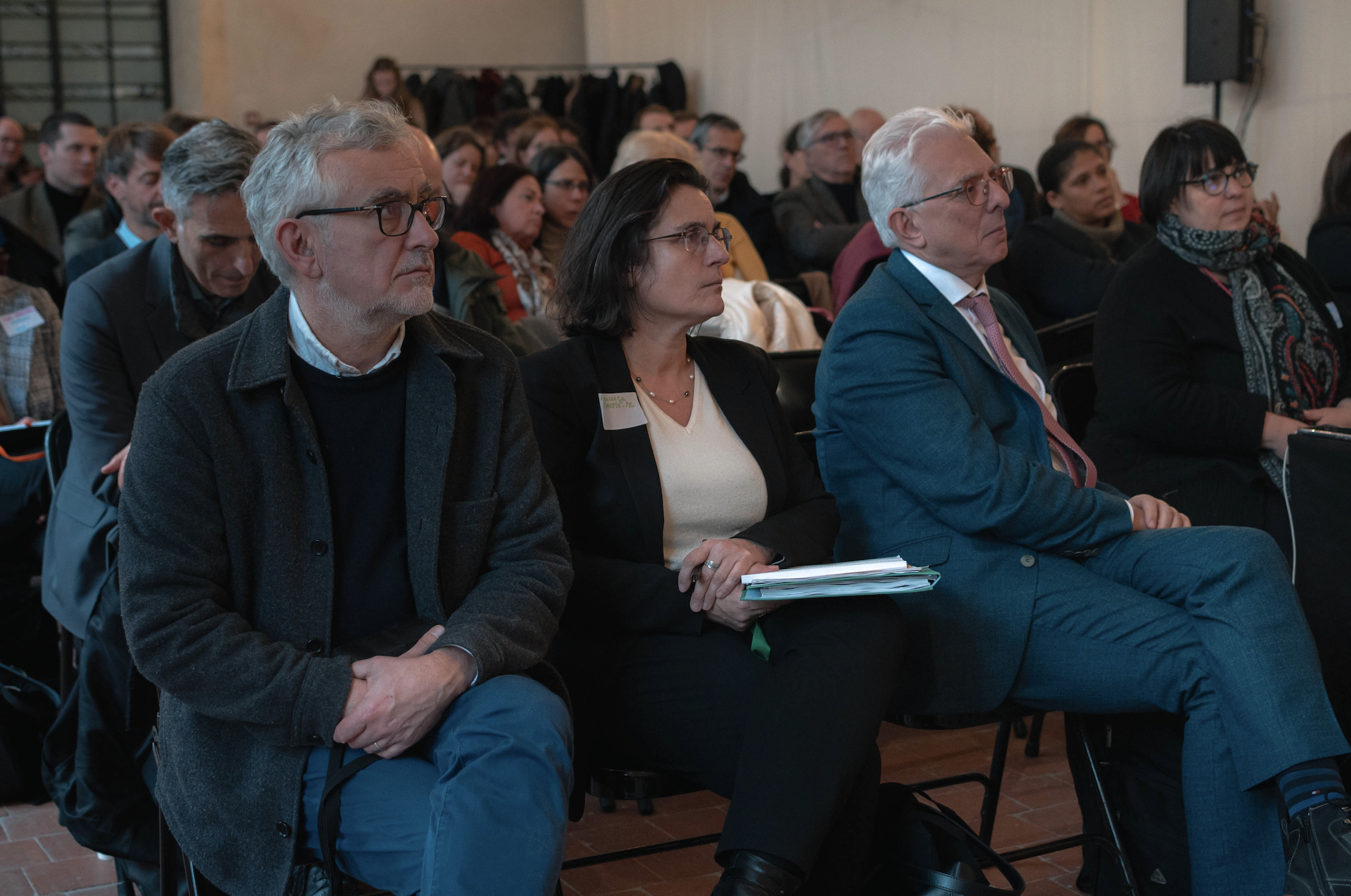On the occasion of the annual "Rencontres du réseau des Centres culturels de rencontre" which took place on 12, 13 and 14 December 2024 at the Cité du Mot and the Abbaye de Noirlac, a look back at the Printemps de la ruralité French national consultation and the presentation of the first stages of the Plan culture et ruralité were given by Elise Herrmann, head of the Territories department, and Laurence Martin, Ruralities and CCR label project manager, at the "Délégation générale à la transmission, aux territoires et à la démocratie culturelle" of the French Ministry of Culture.
The Printemps de la ruralité is a national consultation launched at the beginning of 2024 by the Ministry of Culture on cultural provision in rural areas. This consultation took place in two stages: an online digital consultation based on four specific questionnaires (for residents, local authority representatives, cultural players and players from the voluntary sector) and forty-four debates organised in the regions by the DRACs and DACs with elected representatives, cultural players and residents. Surveys and reports were also commissioned from network leaders such as the ACCR. This consultation was very well received by the public, with more than 35,000 responses to the online questionnaire.
A number of lessons were learned from this consultation, which have been used to inform the measures in the Culture and Rurality Plan, which began in July 2024 and will be rolled out over three years.
Among these key ideas was the issue of access to artistic and cultural offerings, which includes the question of knowledge of existing offerings, accessibility in the sense of proximity to venues, and the issue of the attractiveness of offerings insofar as there may be a mismatch between offerings and public interest.
There is a definite interest in participatory and diversified creations, which are also a way of reconciling local residents with the artistic offerings proposed by the institutions. This interest needs to be addressed through the prism of cultural rights, so that everyone can feel represented and legitimately involved. This will require, among other things, greater support for local players who will be able to relay the needs of the area through their valuable work of listening.
The richness and dynamism of culture in rural areas was also highlighted. Culture is important for cohesion and a shared identity: local heritage plays an essential role in the identity of each region, as well as in the quality of life, particularly by maintaining links between generations. This has helped to dispel the myth of a cultural desert and isolation. On the contrary, it is necessary to recognise and promote the culture present in rural areas, and to decompartmentalise culture by reconsidering the value placed on crafts, popular festivals and agriculture.
Heritage has been identified as a lever for cultural action in rural areas. There is also a need to support amateur activities, to encourage more artists to be present in the regions and to provide a year-round cultural offering.
Mobility, whether of works, artists or local residents, has been identified as a key issue. As part of this process, we need to support the itinerancy of artists, encourage the circulation of works between several structures and think about collective means of transport, whether public or car-pooling, and soft mobility.
The Ministry of Culture is also working on a map of all the measures currently in place across the country, so that you can see how they are being rolled out.
To find out more, please consult this comprehensive presentation.

